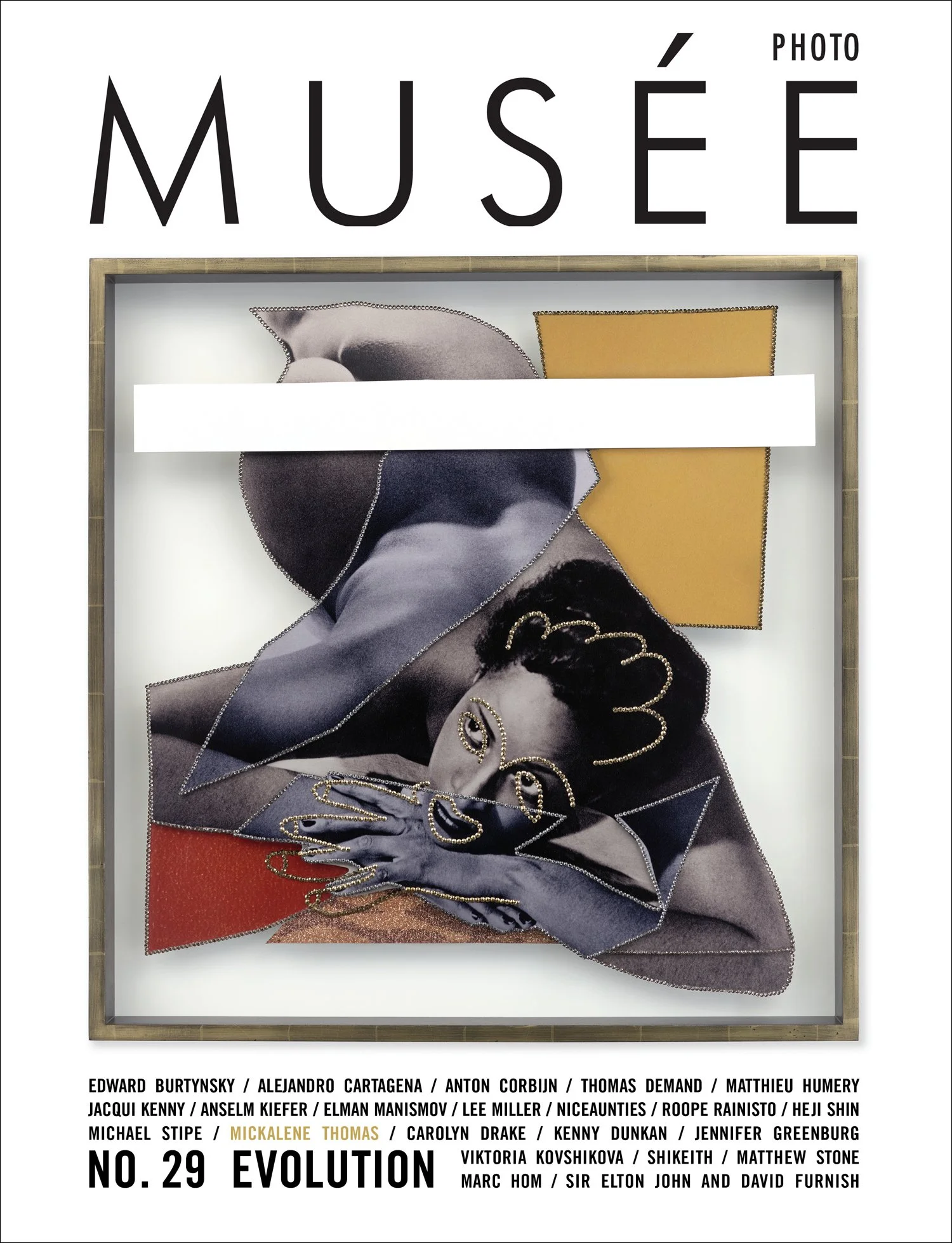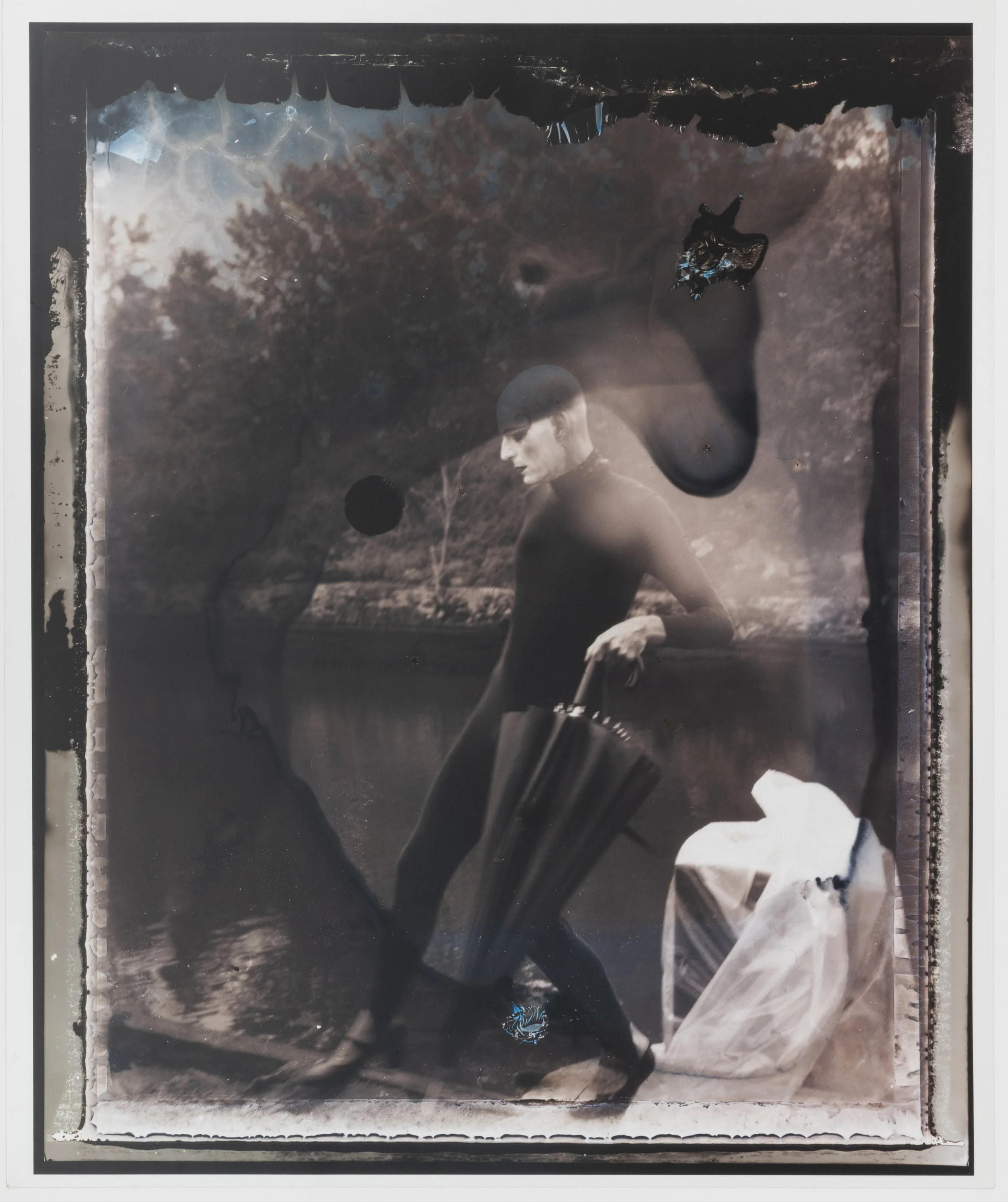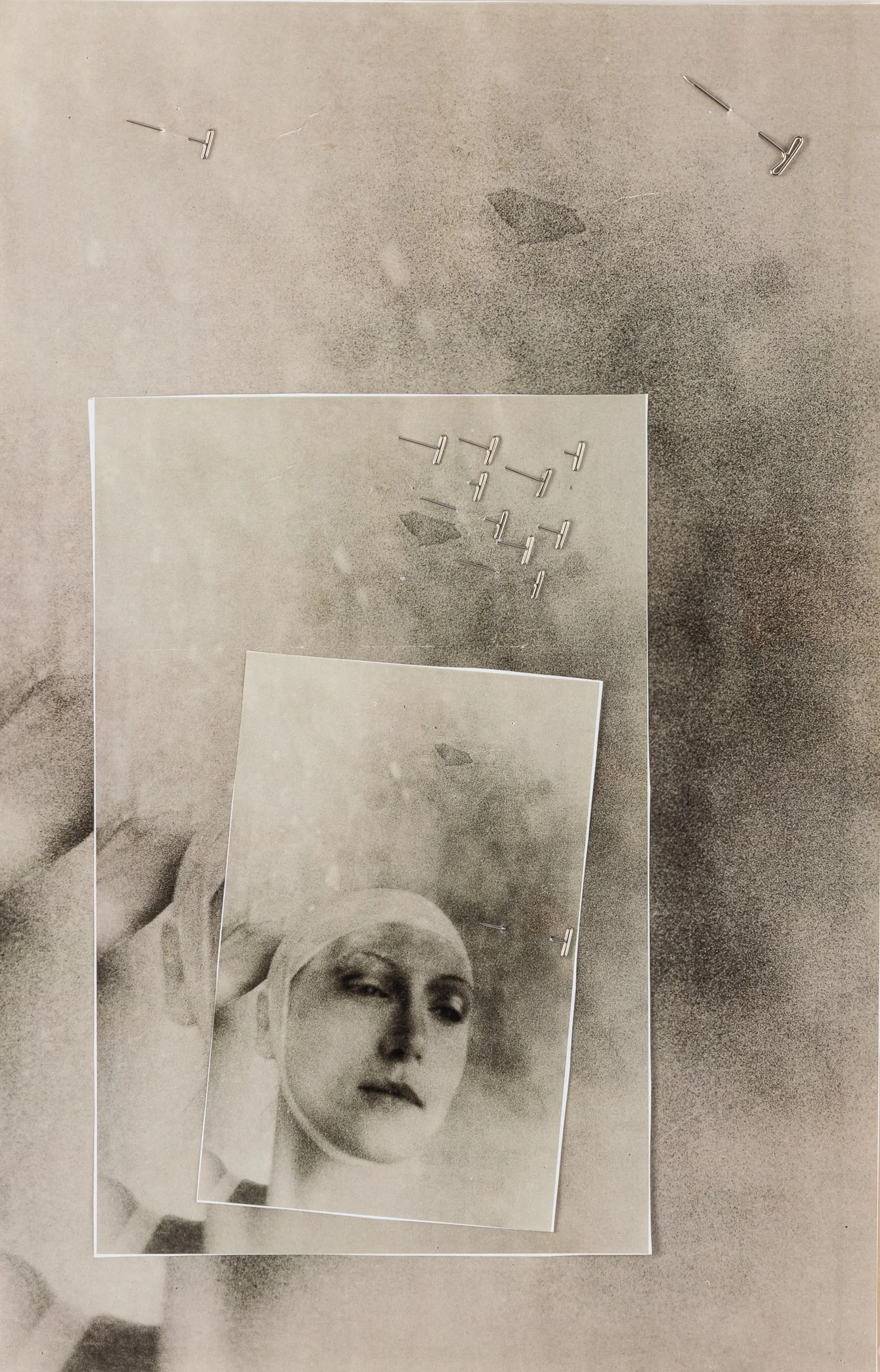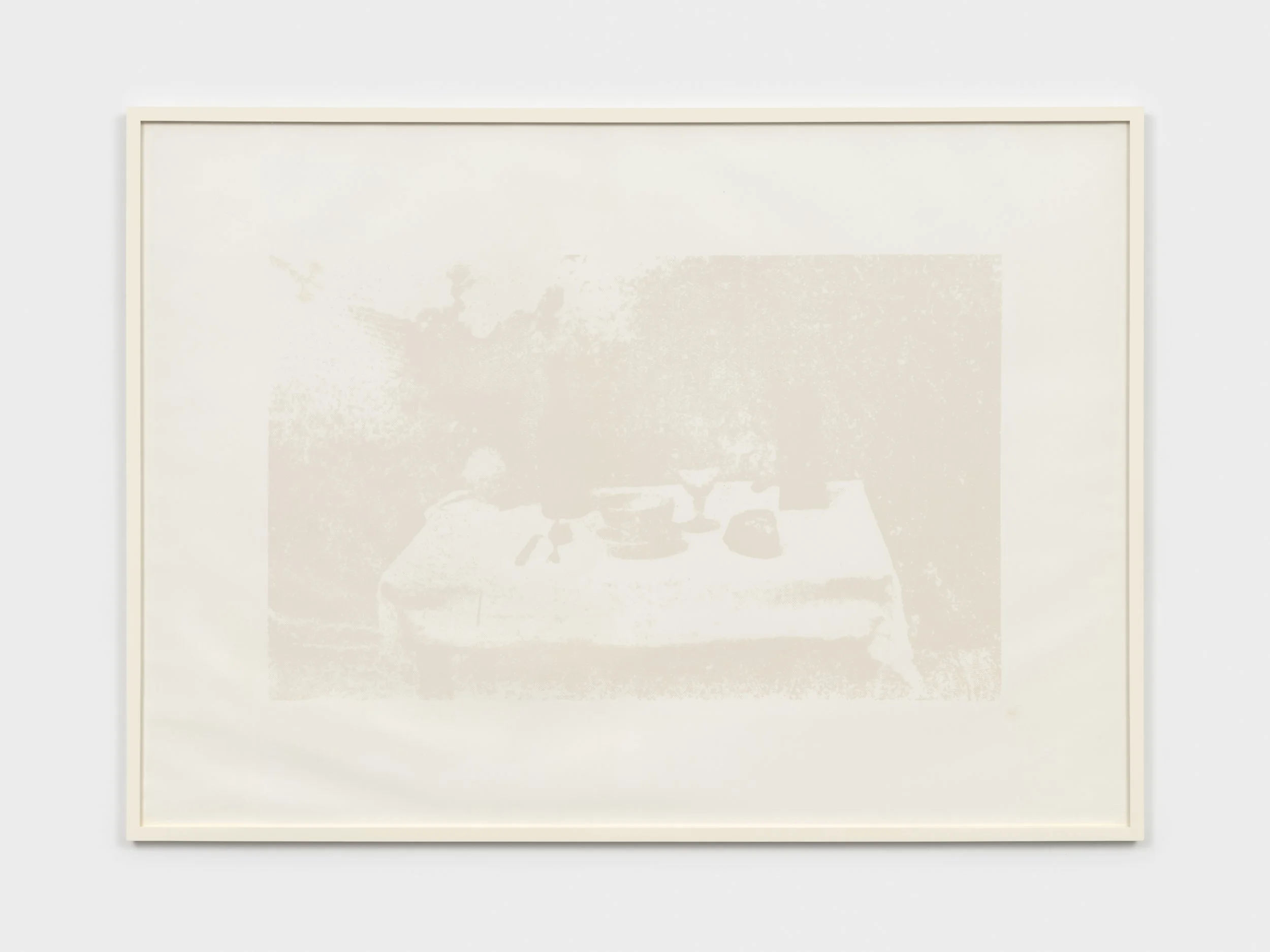Midnight Call | Gail Thacker
Gail Thacker, Walter Hurley Butching, 2012 Polaroid 665 4 1/4 x 3 1/4 inches
Written by Grecia Espinoza
“Polaroids are living things. They’re symbolic of the passing of time and our decay. Their impermanence shows how short and fragile this journey is. I allow ‘death’—the very thing that destroys us, what we and all living things naturally fight against—to reveal the beauty.” -Gail Thacker.
Candice Madey, a gallery located in Lower Manhattan, presents Gail Thacker’s “Midnight Call,” an installation of Thacker’s unique Polaroids taken between the years of 1994 and 2022. “Midnight Call,” exhibiting til December 9th, holds a mirror up to Thacker’s life of magic and tragedy. Her photography is a study in pataphysics, an exploration of dissent and errors. Thacker purposely distorts the world as we know it and leaves us with the remnants of a fever dream. In the fantastical and devastating world of Gail Thacker, the characters are theatrical, time is asynchronous, and life is a reminder of death.
Gail Thacker, Manhattan Bridge Dumbo, 2008 Polaroid 665 4 1/4 x 3 1/4 inches
Thacker's early experiences played a crucial role in shaping her artistic philosophy and unique aesthetic. In 1981, she graduated from the School of the Museum of Fine Arts at Tufts University, located in Boston, Massachusetts. During her time there, she crossed paths with Mark Morrisroe in a video class, a chance meeting that ignited her passion for photography. Mark Morrisroe was a photographer and performance artist whose work would become widely known in the ensuing years. He gifted Thacker her first box of unexposed Polaroid 665 Positive/Negative film; this specific type of film would become a staple in her photography and the foundation of her distinctive aesthetic. Morrisroe and Thacker would go on to become members of the Boston School of Photography, a collective known for their messy and candid approach to photography that more accurately depicted the rawness of life. In 1982, Thacker relocated to New York City, where she became part of the burgeoning artistic community while working as an assistant at the Gene Frankel Theatre on Bond Street.
Gail Thacker, Rafael Miss Gowanus Canal, 2003. Analog color print of a B&W polaroid 665 negative with Watercolor 24 x 20 inches
The socio-political and cultural milieu of the 1980s is profoundly embedded in Thacker’s photography. The AIDS epidemic, in particular, left an indelible mark on her art and the world she encapsulated. Bearing witness to the epidemic’s devastating impact on her loved one’s, Thacker developed a heightened awareness of life's fragility and impermanence. In one of her lectures, she articulated that her photography allowed her to assert control by immortalizing the friends she had lost and would continue to lose. She eloquently stated, "The only thing I had any control over was my relationship with these Polaroids. This was the only way I could stop time from erasing the rest of my friends."
Gail Thacker, Tabboo! as Mae West, 2016 Polaroid 665 4 1/4 x 3 1/4 inches
Thacker channeled her confrontation with the surrounding tragedy into her creative process. Her unconventional technique involved subjecting her Polaroid 665 positive-negative film to an alchemical process that gradually decayed the images. The resulting photographs appear worn, sometimes frayed at the edges, and the tones are deep and dark lending the images a distorted appearance. In this manner, her process metaphorically mirrors the cycle of life. Thacker once conveyed in an email to a friend that she distressed her images "to express a sense of inner agony," acknowledging that she often grapples with the awareness of her own invisibility and solitude. This statement reveals Thacker’s reckoning with the human experience and her lifelong commitment to endue her art with the aching of life.











